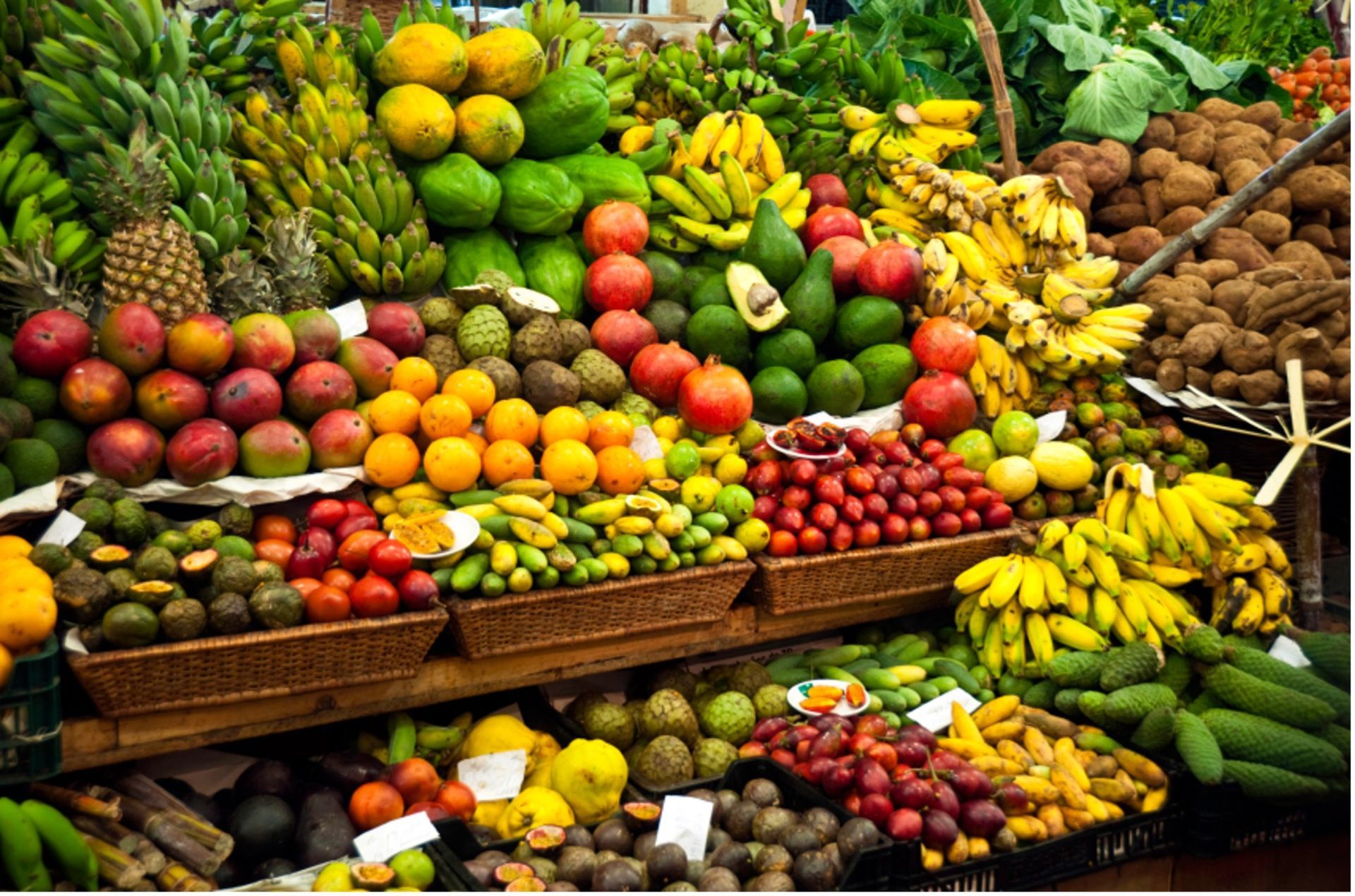Food, Glorious Food

I wonder if it is Lionel Bart’s words about ‘Food, glorious food’ that has initiated all the food programmes now on TV. They have moved from Delia’s instructions about how to achieve perfection with normal cooking to competitions in which chefs aspire to offer new taste combinations in artistic presentations.
How many of these will find their way into normal menus I do not know, but there are now so many new vegetables and fruits available in supermarkets that the usual ones are seemingly being pushed into a corner. I now find myself confronted by mooli and mibuna when I enter my local supermarket.
The exotic foodstuffs now becoming available to us are standard foods in other parts of the world. They remind us of the importance of transport links, of the integration of cultures, and of the infinite wisdom of the mind of God to provide such a wide variety of taste, texture and colour to stimulate our senses. We really do have glorious food.
At least, such glorious food is available to those of the world’s population who have a high standard of living. For those in poorer areas of the world, the choice is much more limited. Sometimes there is no choice and diet is monotonous; sometimes there is not even the ‘take it or leave it’ choice as crops fail and livestock die because of drought or flood, or because the distribution system breaks down through warfare or other disasters. On the TV news, too often we have seen pictures of starving adults and emaciated children searching the ground and rubbish dumps for anything they can find to stem their hunger. Even in this country, food banks, organised by churches and charities, are becoming increasingly necessary in our economic situation.
Such people would give anything for food, even if it wasn’t glorious food. As the urchins in Lionel Bart’s ‘Oliver’ sing,
‘Don’t care what it looks like…
Burned! Underdone! Crude!
Don’t care what the cook’s like...
What wouldn’t we give for
That extra bit more…’
It is said that, in the UK alone, 18 million tonnes of food a year end up in landfill, the waste coming almost equally from the supply chain, from the retailers and from households. If such waste could be prevented in the wealthier nations, there would be enough food saved to feed the 1 billion people who at present are undernourished and starving.
As we celebrate Harvest and give thanks for the prospect of good food with plenty of choice in the coming year, we should be mindful that others have very little. Anything we can do to help them, even by reducing the wastage in food usage, would assist in bringing in the day when everybody could truly sing about food, glorious food.










